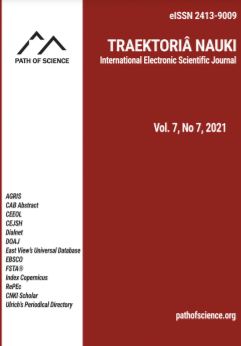Bio-Scouring of Cotton using Protease and Pectinase from Bacillus subtilis Isolated from Market Waste
Bio-Scouring of Cotton using Protease and Pectinase from Bacillus subtilis Isolated from Market Waste
Author(s): Chidiebere Anab-Atulomah, Ejikeme NwachukwuSubject(s): Micro-Economics, Methodology and research technology, Sociobiology
Published by: Altezoro, s. r. o. & Dialog
Keywords: bio-scouring; cotton; Bacillus subtilis; protease; pectinase;
Summary/Abstract: The bio-scouring of cotton using protease and pectinase produced from Bacillus subtilis was investigated. Protease and pectinase were produced from Bacillus subtilis in a liquid medium using the submerged fermentation technique. Both enzymes were purified, and their scouring potential was tested on raw cotton fabrics. Pectinase was more effective than protease under optimised conditions. The optimum scouring temperature for both enzymes was between 40 °C and 50 °C, with pectinase bio-scoured fabric showing 15.5% weight loss while protease bio-scoured fabric had 14.3% weight loss. The optimum pH for pectinase scouring was pH 9 with 14.8% weight loss in the fabric, while the optimum pH for protease scoured fabric was pH 7 with 12.3% weight loss in fabric. After 120 minutes of bio-scouring, maximum weight loss was recorded for both pectinase and protease treated fabrics. The application of protease and pectinase for cotton fabric scouring revealed that they could be used as bio-scouring agents to treat textile materials.
Journal: Traektoriâ Nauki
- Issue Year: 7/2021
- Issue No: 07
- Page Range: 3001-3006
- Page Count: 6
- Language: English

